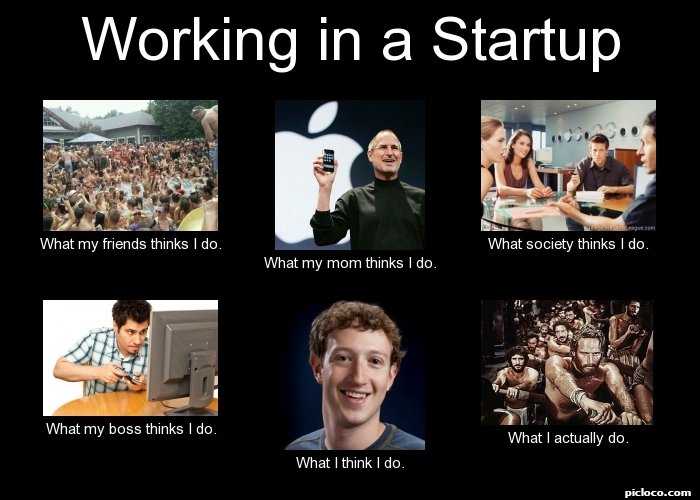Navigating career choices in analytics: Startups versus Big companies
Posted: February 14, 2024

In today's rapidly evolving job market, professionals in analytics and data science face a pivotal choice: the dynamic and uncertain world of startups or the established realms of big corporations. This decision is especially crucial at the early or mid-points of one's career, where the direction chosen can significantly shape future opportunities and career trajectory. Through my mentoring sessions, I've encountered numerous queries about this, indicating a widespread curiosity and uncertainty about where to cast one's lot. Here's a deeper dive into what differentiates these paths and how to make a well-informed decision.
The allure and realities of compensations
Big companies: It's no secret that larger companies tend to offer more generous compensation packages. Their established market presence and financial stability enable them to attract talent with competitive salaries, comprehensive benefits, and perks that range from luxurious offices to extensive health care plans and bonuses. For many, this financial security is a substantial draw, providing a solid foundation for personal and professional growth.
Startups: While traditionally lagging behind in terms of sheer monetary compensation, many startups have begun to close the gap, offering competitive salaries and unique incentives. The real kicker in startups, however, is the promise of stock options or equity—a gamble that could pay off handsomely if the company succeeds. This potential for a future windfall is enticing but comes with its own set of risks, given the high failure rate among new ventures. The allure of being part of something from the ground up, with the chance to strike it rich, is balanced by the sobering reality that not every startup story is a fairy tale.

Work environment: from scope to scale
Startups: One of the most compelling aspects of working in a startup is the variety and breadth of work. Analysts in startups often wear multiple hats, dabbling in everything from data visualization to deploying machine learning models and conducting financial analyses for investor pitches. This diversity allows for a rich, hands-on learning experience, offering a panoramic view of the business and the satisfaction of seeing direct impacts from one's work. The pace is fast, the environment is agile, and the decision-making cycles are short, providing an exhilarating work experience where innovation thrives.
Big companies: Conversely, big companies offer a more structured environment where specialization is the norm. Analysts might find themselves deeply immersed in a specific aspect of the business, benefiting from the resources and tools available to explore and optimize their domain. While this can lead to a high level of expertise in a particular area, it may also narrow the scope of experiences and slow down the pace of visible impact. The processes in larger organizations tend to be more bureaucratic, with longer decision-making cycles that can sometimes stifle quick innovation.

The community and networking aspect
Startups: The startup environment is often characterized by a tight-knit community where collaboration across functions is routine. This can lead to a strong sense of belonging and camaraderie but also means that your network might be limited in size and scope. The opportunity to learn is immense, yet it's more about learning by doing and from those immediately around you.
Big companies: Big companies boast vast networks of professionals across various fields, providing unparalleled opportunities for learning and growth. The chance to work alongside, and learn from, industry leaders and experts can be incredibly valuable. These environments often host talks, workshops, and conferences, contributing to a culture of continuous learning and professional development. The diversity of perspectives and the scale of operations in such settings offer a rich tapestry of experiences and insights, fostering a broad professional network.
Making the decision: what matters most to you?
Choosing between a startup and a big company involves weighing what you value most in your career at this moment. Is it the potential for financial reward, the opportunity for rapid growth and diverse experiences, or the stability and depth of expertise offered by larger companies? Each path has its unique set of advantages and challenges.
When contemplating this choice, consider your career goals, your personal risk tolerance, and what you find most fulfilling in your work. During interviews, engage deeply with potential employers to understand their vision, their culture, and how they support their employees' growth and success.
Ultimately, the decision is deeply personal and varies based on individual priorities and career aspirations. Whether you choose the vibrant uncertainty of startups or the structured growth paths of big corporations, the key is to align your choice with your long-term career objectives and what you value most in your professional life.
